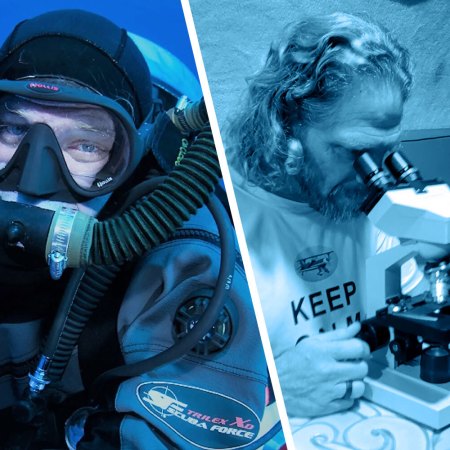When the FDA approves new medical treatments, they’re the result of carefully calibrated formulations precisely designed to address certain diseases or conditions. (The process of approving new vaccines for COVID-19 was an excellent example of this.) Sometimes, though, the process of coming up with new solutions to health problems can take you to unexpected places — like, say, a treatment derived from human poop.
Live Science has details of a newly-approved treatment along those very lines. The treatment, per the FDA’s announcement, is designed for the treatment of Clostridioides difficile Infection (or CDI), an infection that killed over 12,000 people in the U.S. in 2017.
“Recurrent CDI impacts an individual’s quality of life and can also potentially be life-threatening,” said Dr. Peter Marks, the director of the FDA’s Center for Biologics Evaluation and Research, in a statement. “As the first FDA-approved fecal microbiota product, today’s action represents an important milestone, as it provides an additional approved option to prevent recurrent CDI.”
The treatment approved by the FDA is known as Rebyota, and it’s created from — well, to be discreet, I’ll quote the FDA’s press release here — “stool donated by qualified individuals.”
The FDA went on to note that there are some risks from this approach, including a risk of spreading both food allergens and infectious material. However, the FDA did note that both donors and the material they’re donating are screened beforehand.
And while the concept of a treatment created from human poop is a little dizzying to ponder, it’s worth a reminder that this is a lifesaving treatment created from human poop. Medicine doesn’t always take the expected path, but if this can help make people healthier, that’s what matters.
Thanks for reading InsideHook. Sign up for our daily newsletter and be in the know.


















